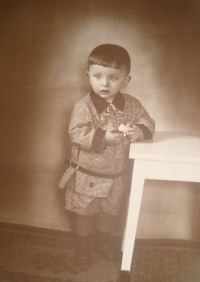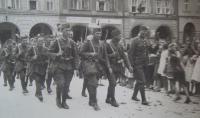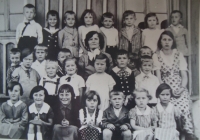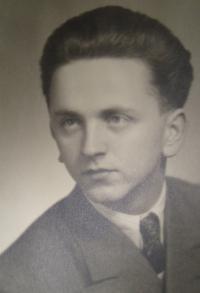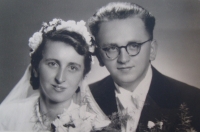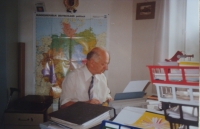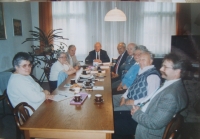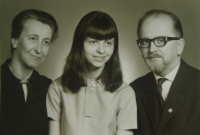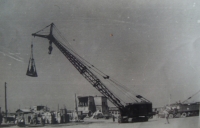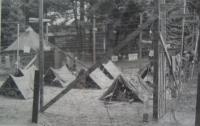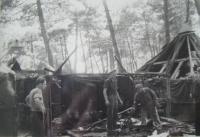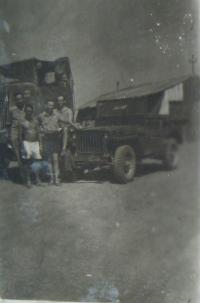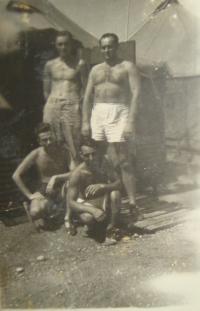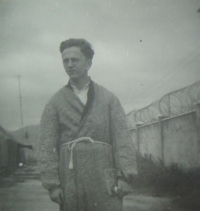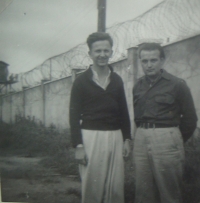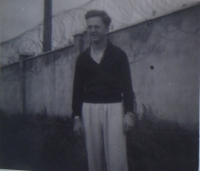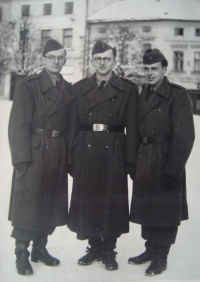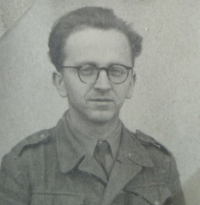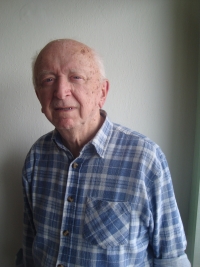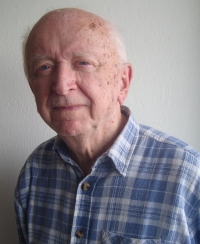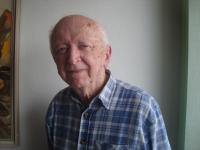For a long time I did not know, if I was German or Czech, and only for my personal experience in prison I realised I was German

Stáhnout obrázek
Ervín Šolc was born on 24 July, 1927 in Liberec in the former Czechoslovakia. He comes from a mixed German-Czech marriage; his father was Czech and his mother German. Also his dad was a convinced communist and as he took an anti-Nazi attitude, he was arrested by the Nazi authorities in 1938. Young Ervín Šolc during the protectorate times joined Hitlerjugend and on 3rd January, 1945 joined the Wehrmacht. He served at the 114th hunter´s division and after the training he was sent to Italy to fight against the former partisans and a light machine-gun shooter. Yet in the lowlands of the river Pád he was arrested by American army units and spent several months in the prisoner´s camp in Bologna, Livorno and Naples, where he could even convert to the Western Czechoslovak army thanks to the Czechoslovak mission. That did not happen and he was then transferred to Bavarian Dachau, and released on 25th June, 1947. On the same year he crossed the borders illegally near Žitava and was arrested by the Czechoslovak authorities. After release he settled down in his native town, got married and worked as a legal clerk and then as an accountant and later in the woodworking industry and finally joined the Regional administration of manufacture cooperatives in Liberec, where he became its chairman. In 1968 had to leave his job, and made his living as an economist and due to his stay in American prisoner´s camps he was persecuted by the state police. Following 1989 he chaired the German association in Liberec for a long time and also worked in the Council for national minorities. Currently Ervín Šolc lives in Liberec and his relatives live in Germany as well as the Czech Republic.
